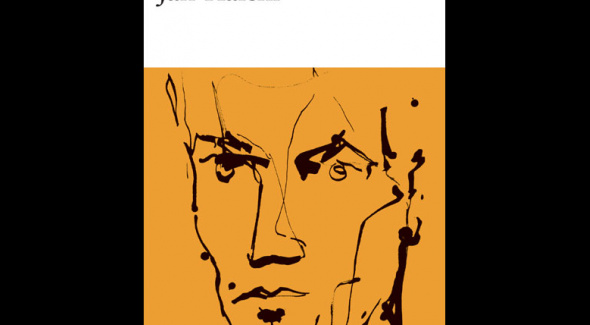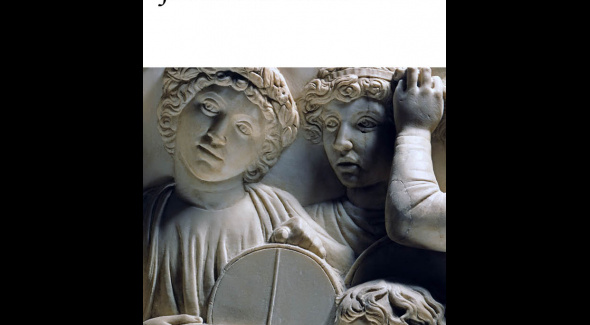Yannick Haenel
Yannick Haenel
Born 23 September 1967 in Rennes
Married, one child
Writer
Teacher (agrégé) of Lettres Modernes (on leave).
Founder and co-editor with François Meyronnis of the literary journal Ligne de risqué (since 1997)
Associate author at the Centre Dramatique National d’Orléans
Chronicler at Charlie Hebdo.
Former resident in literature of the Villa Medici (Sept. 2008–Sept. 2009)
Plays in No comment (sur Film socialisme) by André S. Labarthe (2011)
Took part in the exhibition Dépenses (Georges Bataille and contemporary art) at LaBanque de Béthune (October 2016–February 2017)
Wrote the narrative of La Nuit Blanche on 1 October 2016: Le retour des temps désirables.
THE KING OF NEMI
“I am the king of the Wood, Zeus, the criminal.” Georges Bataille.
The work I wish to produce at Le Fresnoy concerns a place, Lake Nemi. It is a wild place, surrounded by forests, located thirty kilometres from Rome, which was the theatre of a sacrificial royalty, long before the foundation of Rome.
It is sometimes called the Mirror of Diana.
Turner painted it, as did Corot. It inspired Virgil for the golden bough in the Aeneid. Georges Bataille was obsessed by it all his life, and the ethnologist James G. Frazer traced the myth in mysterious fashion in the first chapter of his magnum opus The Golden Bough.
Nemi is indeed a sacred site, the place of a rite, that of rex Nemorensis, the king of the wood.
What the sacred royalty of Nemi bluntly reveals is the connection between sovereignty and death.
I would like to make a film about Nemi: a psycho-geographical documentary in which all the different periods return; in which the memory of this place acts as a survival and as an artistic power.
Contemporary narrators
(Reflections for Le Fresnoy)
* “Run from society as the devil runs from the Cross.” The words are by filmmaker João César Monteiro. They caustically combine political and aesthetic positions, and in my view they sum up the demands made by every writer, artist, filmmaker, composer, etc.; critical demands with regard to her period and the many forms of coercion it puts in place; poetic demands with regard to the language of communication, which flattens every sphere of existence; and metaphysical demands, against that separation of the living and the dead which is the rule in western societies.
* What I could offer the students at Le Fresnoy is a reflection (an experience) that – even if my principle sphere is what is called literature – centres on the more general question of contemporary narrators: how narratives come into being, how stories live, how narratives are diffracted and disappear.
* Almost a century ago, Walter Benjamin diagnosed a crisis of experience: after the First World War, a narrator was sometimes who could transmit only the fragile transparency of a suspended voice.
* Narratives are not necessarily absorbed into a story.
* In the films and installations of Apichatpong Weerasethakul there is no story, only the scintillation of narratives that summon a fire.
* In the films of Jean-Daniel Pollet, the narratives without characters are the keys that open up a poetry, a clandestinity of shores and gardens.
* Contemporary narrators raise the question of the difference between the image and the real. For that reason, they do not necessarily tell a consumable story. Like J.-L. Godard or W. S. Sebald, they archive the memory of strange adventures: they elaborate a parallel history.
* (to be fully reformulated with each student)


